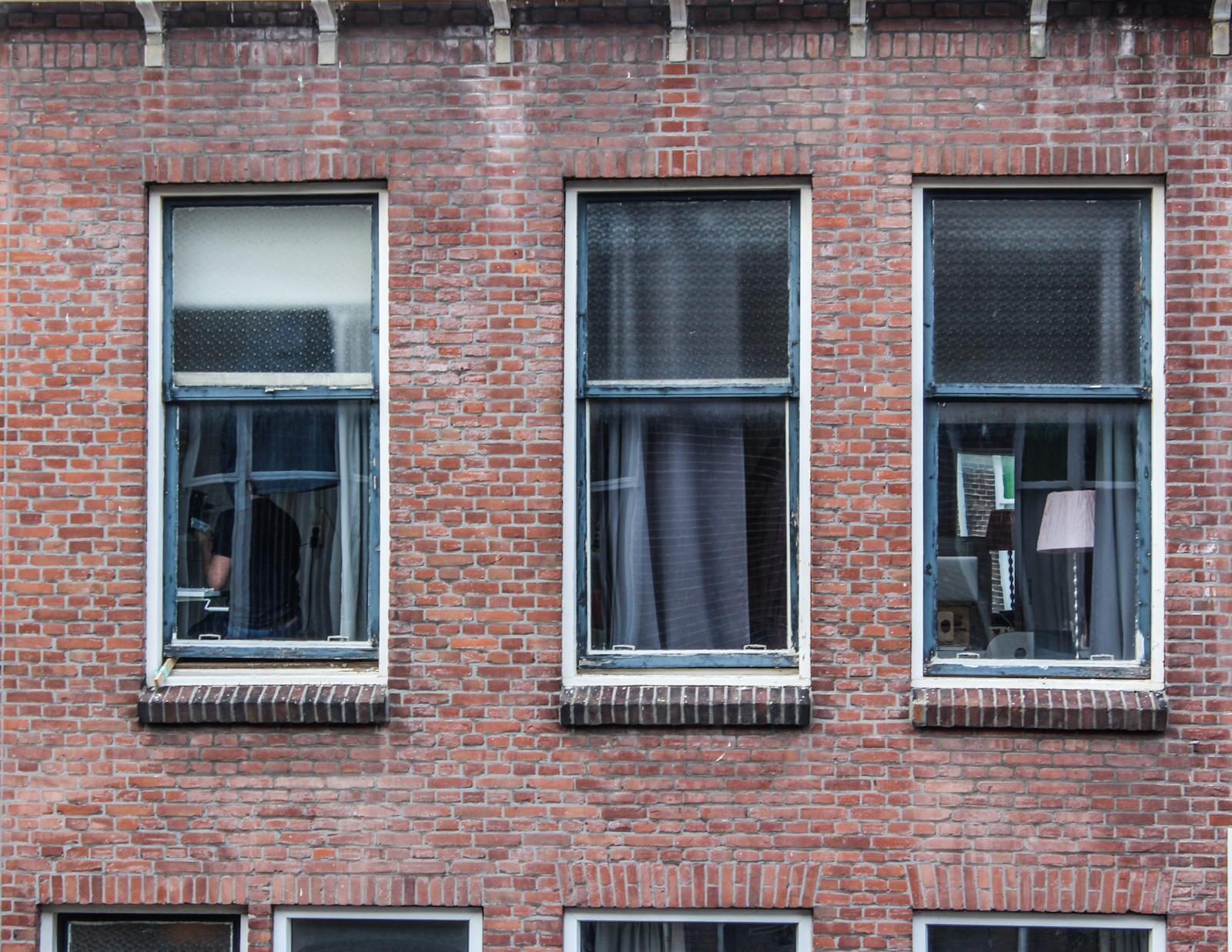More students, a greater housing shortage and protest actions. This does not yet prompt the Dutch Ministry of the Interior to allocate extra money for student housing.
(Photo: Dalia Madi)
So says the minister responsible for domestic policy, Kajsa Ollongren, in a written update on student housing submitted to the House of Representatives today. Her budget will be little affected by upcoming demonstrations planned in protest of the government’s housing policies.
As in 2020, the Minister will be making 50 million euros available this fall for “increasing the number of available housing units for various target groups”. This refers to students, but also to starters and the homeless and street people. Fifteen million euros will go to those holding permits; in her letter she doesn’t say how the remainder will be distributed.
“Frustrating, but not a complete surprise”, says Ama Boahene, chairperson of the Dutch Student Union (LSVb), about the Ministry’s update. She doesn’t think that 50 million will be enough by a long shot, “especially because the money has to be divided between so many different groups.”
More students
The expectation is that the numbers of students and thus those looking for rooms will increase. Previous forecasts were too conservative. By 2029, the Ministry now predicts that more than 300,000 Dutch students living away from home and 139,000 international students will be seeking living space. That is 58,000 more than previous estimates.
‘Increase funding for student housing in correlation to the rising number of students
“If you don’t increase the funding for student housing in correlation to the rising number of students, you will always have a shortage”, Boahene points out. The objective in the National Action Plan for Student Housing was clear: by 2028 there has to be a good balance between supply and demand. The Ministry of the Interior and Ministry of Education agree that “a bigger investment in the construction of housing units” is required to close the gap.
But Ollongren has also said that it will be “a major challenge” to ramp up the rate of construction, “given that other groups who are struggling with the shortage in the housing market also need affordable housing”.
For the LSVb, it’s all moving way too slow. The outgoing government still can accomplish a lot within the current projections, Boahene admits. Right now there are regulations restricting splitting up units into rooms, although that could be a solution. “Something like that doesn’t even require a big change to the budget.”
In the meantime, 150 beds had to be organised for homeless students at the start of fall classes. This led to a protest with banners at the opening of the academic year in Groningen. In Maastricht, too, hotels and hostels have been approached to supply extra beds for students, and in Tilburg 150 extra temporary housing units have been set up.
Protest
On Thursday 9 September, Shelter Our Students (S.O.S.) is organising a ‘march of the homeless’ in Groningen to draw attention to the housing crisis experienced by international students. On Sunday there will also be a housing demonstration in Amsterdam to protest ‘the colossal housing crisis in our country’. There’s plenty of enthusiasm: due to the expected high turnout, the protest has been moved from the Dam to Westerpark. The LSVb is also taking part.
HOP, Josefine van Enk
Translation: Taalcentrum-VU
Do you have a question or comment about this article?
redactie@hogeronderwijspersbureau.nl


Comments are closed.